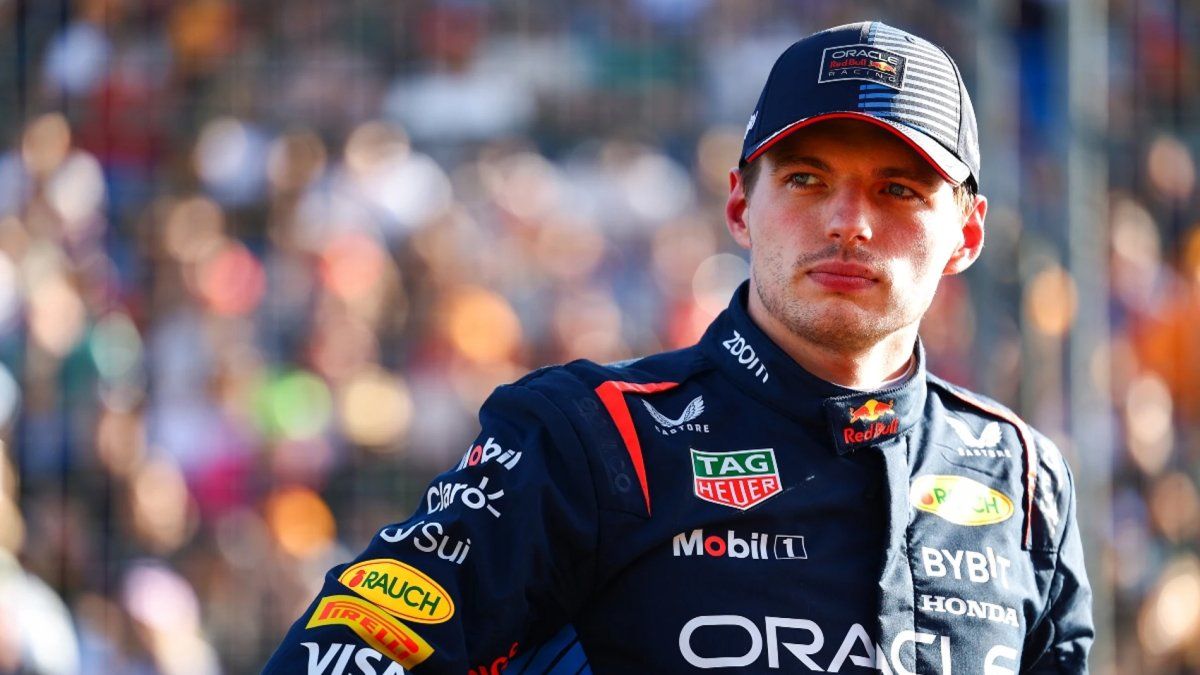Image: Johannes Hoss/NGF Geyrhalterfilm
He received three awards on Saturday: for the best screenplay, for the socially relevant film and for the youth jury. He tells of Mira (Alina Schaller), the captain of an ice hockey team, who falls in love with the new player Theresa (Judith Altenberger). The main prize went to the German feature film “Alaska”.
“Authentic, intense and emotionally gripping. The ice is not only broken in interpersonal relationships, the film does the same with us,” was the verdict of the youth jury. And the jury for the best screenplay commented: “The author works confidently with images and motifs and at the same time presents us with great cinematic moments. We cheer, we celebrate, we laugh and we cry.”
That’s what “Alaska” is about
The Max Ophüls Prize for the best feature film, endowed with 36,000 euros, went to “Alaska” (D 2023) by Max Gleschinski (script and director). It’s about the loner Kerstin (Christina Große), who spends days gliding across the Mecklenburg Lake District in her red East German kayak – trying to stay alone. Then Alima (Pegah Ferydoni) shows up and breaks the regularity of this journey. “The interplay of the outstanding ensemble, the poetic camera work, the multi-layered and accurate staging lead to an unmistakable, magical cinema experience,” said the jury in its statement.
Three films each received two awards. For “Eismayer” (A 2022) by David Wagner (script and director) there was the audience award for a feature film and the film critics’ prize for the best feature film. The love between Vice Lieutenant Eismayer, who was considered the toughest instructor in the Austrian Armed Forces, and the recruit Mario actually existed. “Relying on a true story isn’t always a guarantee of success,” the jury said. But here it was “wonderfully comprehensible and cinematically precisely implemented”.
More awards
Best Documentary was “Good Life Deal” (A 2022) by Samira Ghahremani. The film critics’ prize for the best documentary film went to “Independence” (D 2023) by Felix Meyer-Christian. It tells of the Afro-German actress Helen Wendt, who embarks on a search for traces of her family history. Marcus Thomas received the award for the best music in a documentary film.
Two prizes also went to “The Other End of the Road” (A/HUN 2022) by Kálmán Nagy: it was honored as the best short film and also received the short film audience award.
Augustin Groz in “Who we once wanted to be” (A 2023) by Özgür Anil and Alina Stiegler for “Speak with me” (D 2023) by Janin Halisch were honored as the best young actors.
The prize for best director went to “Last Evening” (D 2022) by Lukas Nathrath. He tells about Clemens and Lisa, who want to move from Hanover to Berlin and invite them to a farewell dinner. But good friends cancel at short notice and uninvited guests turn up. “With masterful dramaturgy, casual lightness and great love for its characters, this film throws us into a dramatic evening full of emotional ups and downs,” the jury said. With the simplest cinematic means and a close look at interpersonal conflicts, “a new voice in contemporary German cinema” announces itself here.
For the short film audience award, endowed with 5,000 euros, volunteers were asked in the auditorium who wanted to announce the award on stage – it met an Austrian. And she announced the Austrian winning film “At the other end of the road” by Kálmán Nagy.
For the first time since the pandemic, the film festival Max Ophüls Preis (MOP) for young German-language film took place again in attendance. At the 44th edition, there were 18 awards for young filmmakers with a total value of 118,500 euros. A total of 56 films were screened in the four competition categories feature film, documentary film, medium-length film and short film, including 39 world premieres. The contributions came from Germany, Austria and Switzerland.
The festival is considered the most important for young German-speaking filmmakers and stands for the discovery of young talent. A total of 127 films have been shown in 225 screenings since Monday.
more from culture
Puchenauer takes over the helm at Puls4: “We want to become more Austrian”
Architecture as an idea, city as a vision
Child nominated: allegations of bullying against lenders of the “Golden Raspberry”
“My life has more meaning than a sex tape”
: Nachrichten
I am an author and journalist who has worked in the entertainment industry for over a decade. I currently work as a news editor at a major news website, and my focus is on covering the latest trends in entertainment. I also write occasional pieces for other outlets, and have authored two books about the entertainment industry.




